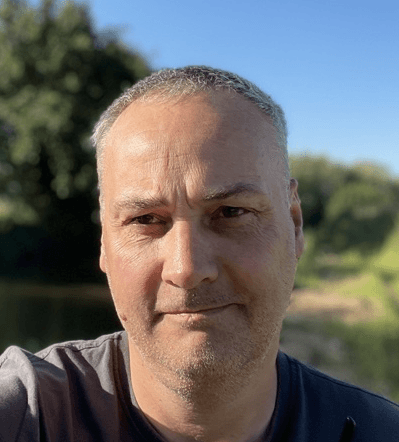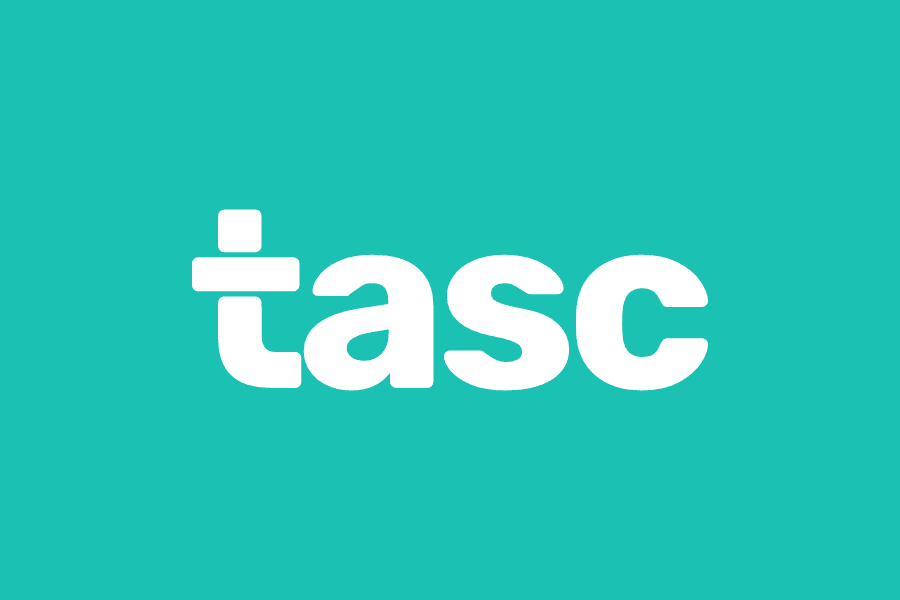
Simon Jenner
Monday 13 February 2023

Launching a fintech? Learn how to validate your idea with minimal cost and risk. Explore the step-by-step process we used to test a fintech concept, attract developers, and refine our strategy with real-world insights—no tech platform needed until it's truly ready.
Posted in:
Startups
When you launch a startup there are three questions you need to answer:
Hey, I like my idea... but does anyone else?
If I build this thing will people pay for it and use it?
If I can get people to pay for it and use it can I turn it into a viable business?
We think you should test an idea in this order because it provides the lowest cost to insight ratio. For instance, it's really low cost to figure out if there is any demand for your product or service (see below) and if there isn't any demand... why bother wasting any more time and money on your idea?
What's our Fintech idea?
We work with lots of idea stage founders and lots of no-code developers. Founders need developers to build and launch a product, developers need work. In some cases founders will offer developers a share of their company instead of cash as a form of compensation. If the developer has the time, and likes the product, they might agree to that offer. However, we have identified a bunch of issues:
Founders and developers rarely set a clear definition of what work is expected in return for equity leading to enmity later;
Developers don't know how to secure their equity stake (and it can be costly to try);
As a result they tend to be walked all over by later investors, eroding their stake in the company;
It is even hard for developers to track their investments
Most of all developers don't want to wait 5 to 10 years to see any value for their shares
We wanted to build a product that solves these problems and creates a new financial tool for catalysing the creation of intellectual property and technology businesses.
How are we testing our idea?
As complicated as this product sounds it is, in reality, a spin out of our own investment methodology. We have been doing this internally for three years. However, there are big differences between investing our own cash and helping developers to invest their time. Even so, step one is always the same. Does anyone want this idea in the first place.
We have a very clear sense of the willingness of an idea stage founder to offer equity in return for development. It's a request we receive daily in our agency sales team. The bigger question is 'will anyone take them up on their offer"? Test one, therefore, is to build some landing pages and see if we can attract customers at a reasonable marketing cost.
The Landing Pages
We chose to use Bubble for the landing pages. This is a little 'Route A' for Million Labs. We use Bubble for everything. However, the following requirements informed our decision:
We wanted to be able to tag every user with a UID related to the test campaign that bought them to the landing pages;
We wanted to be able to timestamp and categorise every interaction
We wanted to be able to capture some bespoke user demographic data
We wanted to be able to iterate each stage of the MVP without complex integrations
The landing pages took around 30 hours to build. The most complicated job was making parts of the product dashboard to create product imagery for the homepage. This is a job we could have fulfilled with screenshots of a clickable wireframe but we decided to forgo the wireframe to reduce cost. We also had to come up with a logo (10 minutes on affinity designer) and some brand colours (a triad of colours created on coolors.co). If we had paid a developer for this work it would likely have cost around $2,400.
The First Tests
The first test group of developers were obvious targets... we sent the landing page link out to our own active developer pool to get their thoughts. Eighty five developers were on the initial target list and thirteen signed up (15%). Of course we know our developers are pre-disposed to like us (we pay them) and are likely to take a nosey peek at anything we put together. This test was less a measure of response rate and more a chance for someone to put up their hand and yell "Hell no this is a stupid idea!". We passed that test,
We second test was a social post on reddit/r/nocode. Again, this test was not aimed at testing cost of acquisition or response rates. Reddit users are, at best, cynical and at worst vile. If there is a hole to pick in an idea they'll take a shot at it. This sub-reddit is full of no-code developers (our target beach head customer) and we wanted to hear the first and most obvious objection statements. Two came back immediately:
Idea stage startups are incredibly risky and no-one should invest time or money in them
How are we going to comply with US securities regulation
Great. Perfectly good questions and clear indicators of topics we need to be prepared to respond to right up front in our proposition. Don't be scared of internet hate goblins, they provide much better critical analysis of an idea than your friends will (our developers provided very little in test one). We'll be returning to Reddit/r/no-code later.
Our first public test has just started. We have made a few hundred dollars available for a month of Google Ads testing. This presents a few challenges:
It's not cheap;
Google takes a while to optimise a campaign so the first two weeks of results have to be discarded; and
It forced us to really hone our messaging!
Emails and social posts give you space to describe your proposition in detail. Google ads do not! We needed to couch our proposition in terms that someone might search for and that was tough! The PPC campaign is just going live. We will report back on progress.
What's Next?
There is little point building a technology platform until you understand the journey your users are likely to go on and the things they will want to see at each step. For that reason we plan to perform a 'Concierge MVP'. For the uninitiated this means doing everything manually with real people to begin with. What are the benefits of this approach:
We can manage out risk by involving professionals to provide advice and legal support
We can react to (and record) concerns and issues our customers might have and work to automate handling them in our product design
We don't waste money building features that no-body wants.
We have already sourced some great investment opportunities for developers. These are Startups we think they might be attracted to work with on an equity basis. We are planning to introduce them and see what sort of response we get from the developer users that are already signing up.
Can you get involved?
Yes you can! If you are a no-code developer and have thought about taking a share in some of the startups that you have built head here https://tasc.money?uid=xdev2 we would love to hear your feedback.
Ready to launch your startup idea with an MVP?
Download our step by step guide for non-technical founders to create a startup Minimum Viable Product (MVP)
Get the eBook

